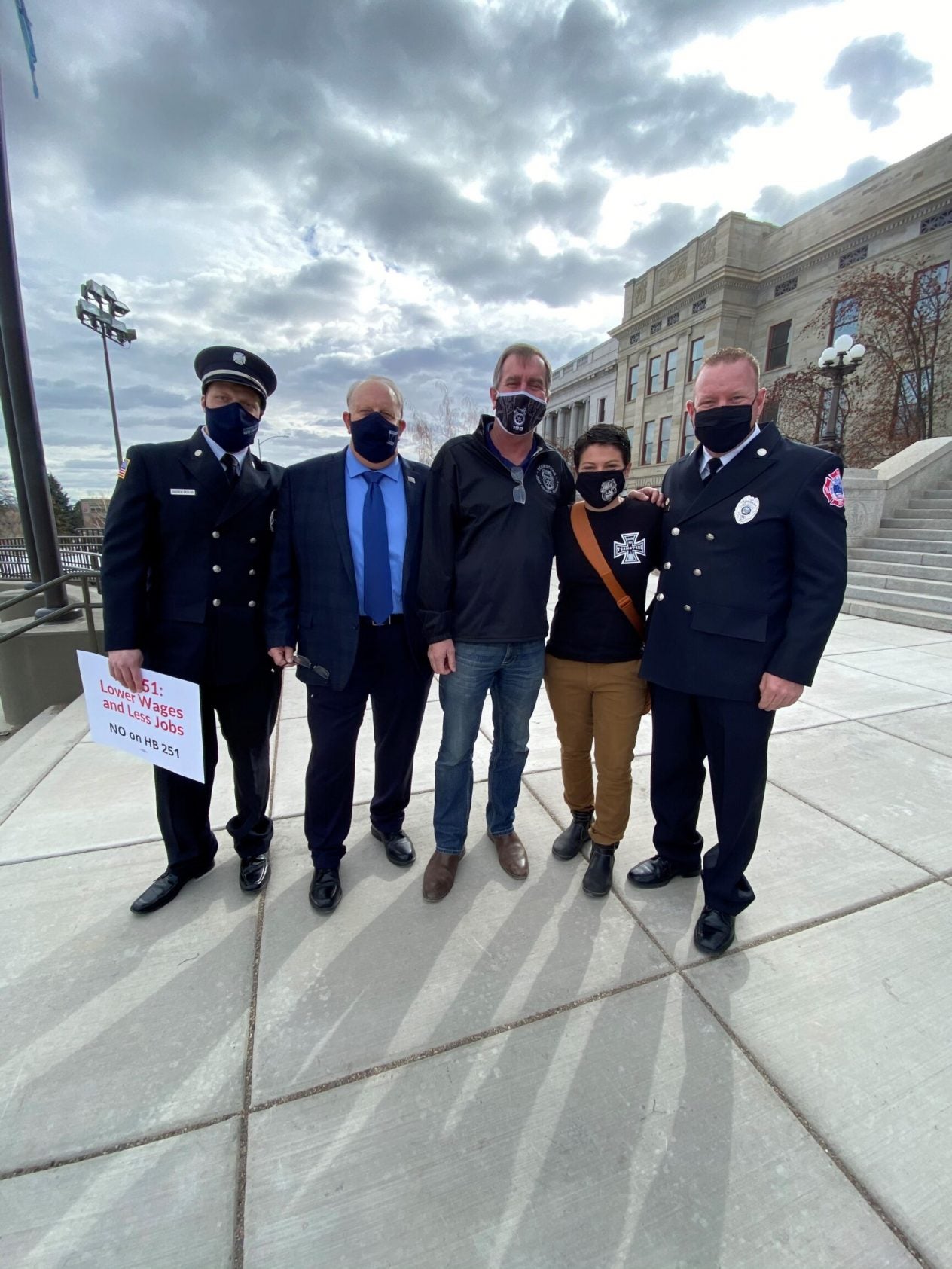MONTANA TEAMSTERS HELP KILL RTW, OTHER ANTI-UNION BILLS

The Montana House defeated an effort in March to enact so-called right-to-work (RTW) legislation, a victory for workers in the state that happened in no small part due to the efforts of the Teamsters and other unions who organized their members and successfully lobbied lawmakers not to turn their back on hardworking Montanans.
In the wake of the 2020 elections that gave Republicans control of both the governorship and the state legislature in the Big Sky State, leaders at Teamsters Local 2 and 190 knew they had their work cut out for them. So they used new technology to engage members. They held weekly legislation updates via Zoom that were recorded and shared with members and texted members via Hustle to generate calls and emails to legislators. They also crafted digital content to get the message out.
“The vote to move this bill forward was a slap in the face for working families across our state,” said Erin Foley, Local 2’s Secretary-Treasurer. “HB 251 was the most extreme anti-worker bill Montana has ever seen. History was made when HB 251 was defeated and I am truly blessed to have been a part of it.”
RTW is a ruse that big business and its cronies keep trying to force down the throats of workers. But every time a state has adopted such a law, it has been followed by lower wages, reduced benefits, unsafe working conditions and severe harm to local economies. In fact, West Virginia’s GOP governor admitted as much just recently. Meanwhile, nationally the median unionized worker makes almost $10,000 a year more than the median nonunion worker.
That said, the measure’s defeat in Montana would not have happened without the Teamsters and other unions working with Democratic and Republican allies to defeat it. Jim Larson, Local 190’s Secretary-Treasurer, said legislators understood what was at stake if RTW became law.
“What they are seeing here is that Montana is a rural state and jobs are important,” he said. “And at the end of the day, both sides realized that right to work isn’t helping anybody.”
Big Sky workers, however, won’t just be helped by RTW going down. Several other anti-union bills that attacked public sector employees also met their demise, including a measure that attempted to insert government-mandated restrictions into the workplace in order to tell union members how they could or couldn’t support their union.
Again, it was Teamster members and other labor allies who explained to lawmakers how such government overreach was bad for workers and for the state of Montana.
Given the Montana Legislature’s biannual meeting schedule, workers won’t have to worry about these bills coming back for another two years. But Larson said unions will be ready and know who their friends are next time.
“The Teamsters don’t support Democrats or Republicans, we support pro-worker candidates,” he said. “And now we have a record of who is willing to stand up for workers and who isn’t.”